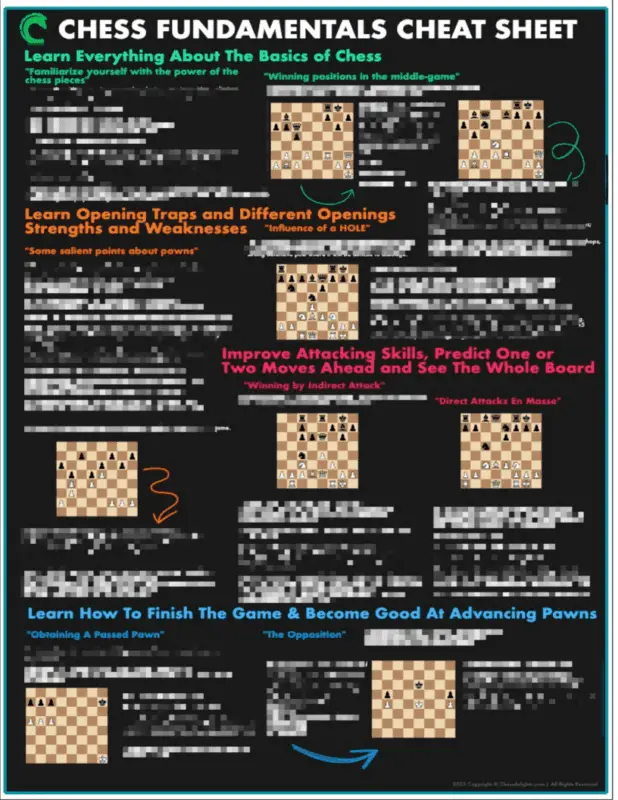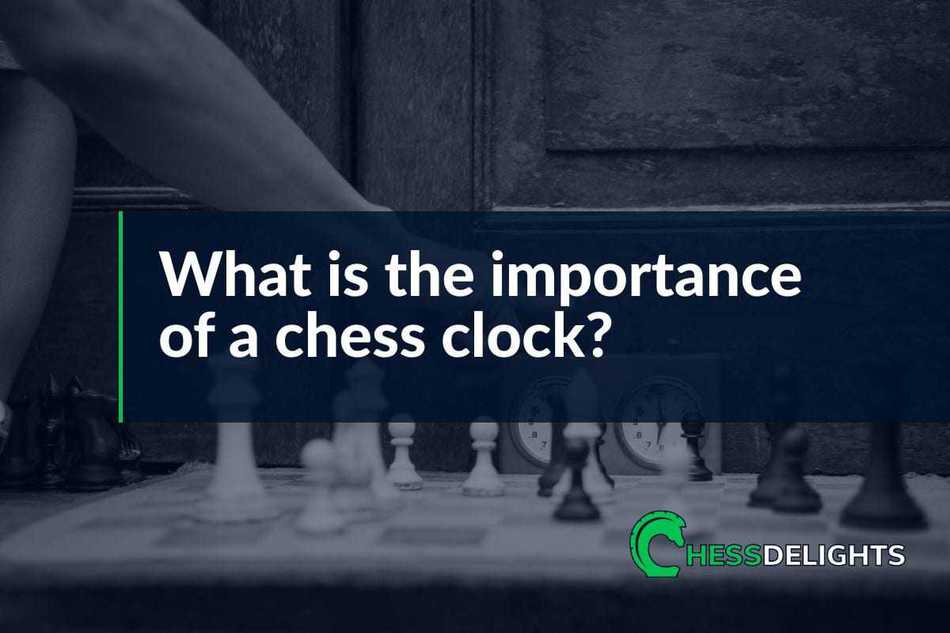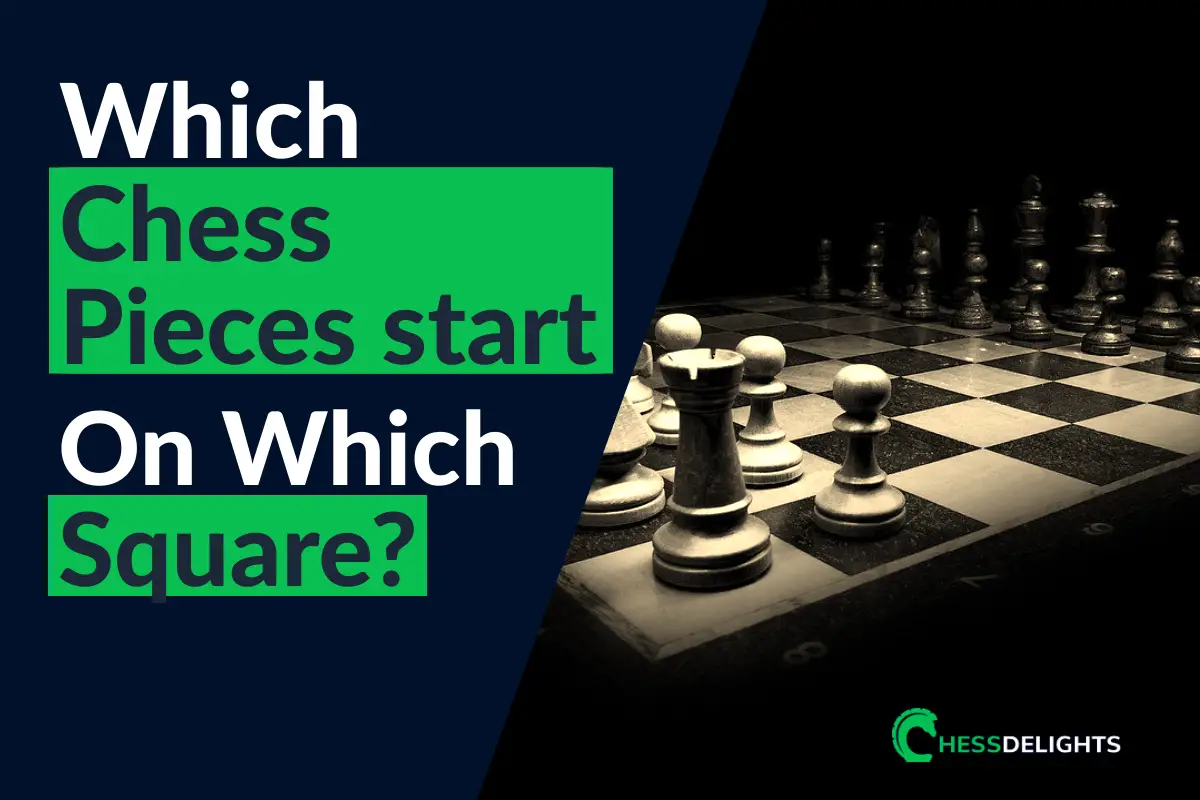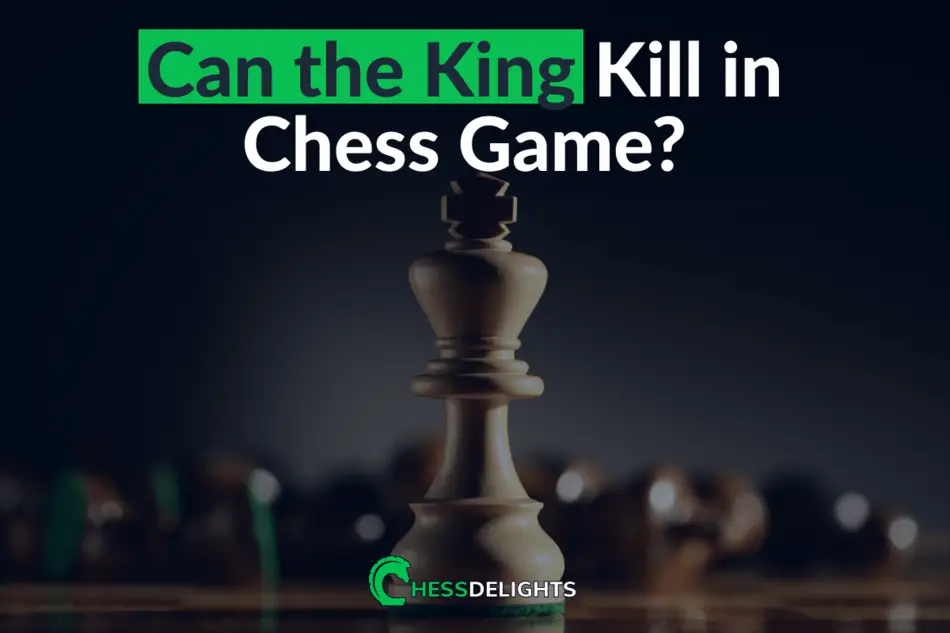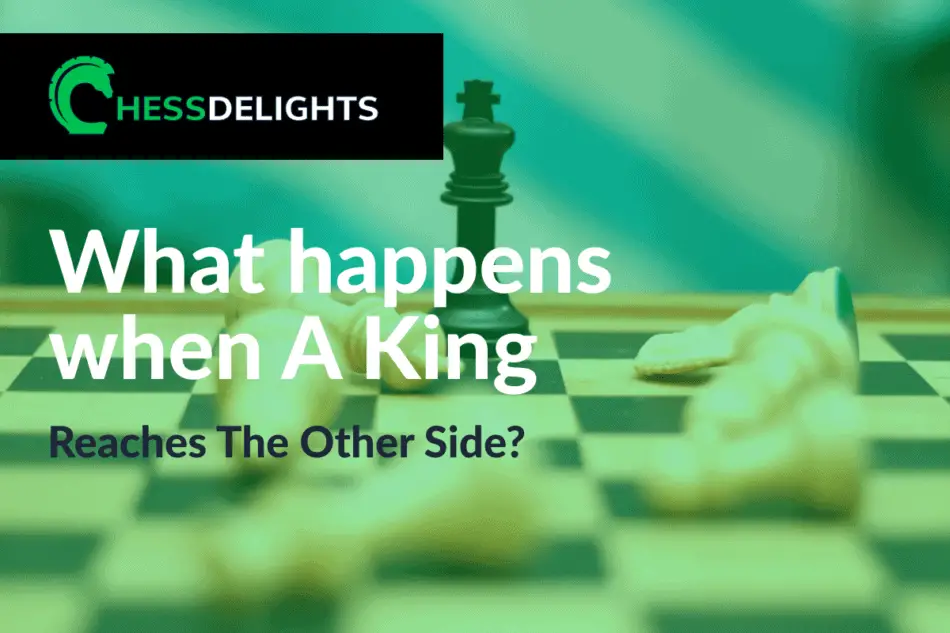So, why do we need a chess clock when playing chess?
I have a chess clock – which is not that expensive but is enough to play and practice with my daughter…
When I first showed this chess clock to my daughter, she started looking so excited to play with a chess clock for the first time…:)
One of the most exciting parts of a chess game is having an allotted time while playing; I am used to playing long hours but not too much with playing shorter time – it does make the game more exciting and I sometimes think annoying…lol!
The importance of a chess clock
The importance of a chess clock is that – it will build urgency for chess players and for beginners I believe this will help you become a stronger chess player and very strategic in playing chess games once you get used to playing with a chess clock.
A chess game with clock timers will encourage you or your kids to study and learn chess openings, or it will just motivate you to grab a chess book and read or simulate chess games from the book.
I would use the chess clock to train my daughter and force her to think next second or third move – without her running out of significant time on her chess clock.
Use the chess clock as an advantage to improve your chess games.
Also read: 33 Important Tournament Chess Clock Rules You Need To Know
Chess clock: different chess game time limits
If we're talking about chess game clocks, we're also talking about the time limits given in a particular game. I've read different types of chess games that have different time limits especially shorter chess games – the variation of time limits helps events or tournaments to finish promptly.
Let's take a look and learn some of the known time limits in chess:
- Lightning chess
- Blitz chess
- Bullet chess
- Rapid chess
Lightning chess
is considered to be the fastest chess game with fixed time per move for example 10 seconds per move or playing with a total time of just one minute.
Some chess players do not agree with this type of chess games – because they believe that chess is a game where you apply a lot of strategic thinking and lightning chess doesn't give you that much freedom to strategize.
Blitz chess
Also rapid chess is popular in our place; this type of chess game may be limited to 3 or 5 minutes up to 15 minutes per player.
Chess experts comment that playing blitz chess can improve your chess game, but some chess experts say that it can also hurt your game. I suggest for a beginner play longer games first.
Bullet chess
This is a game where players get less than 3 minutes per player.
I've never played a game with less than 3 minutes but if you're interested there's this book you might want to look at written by Hikaru Nakamura – considered to be one of the best speed chess players in the world.
Rapid chess
this type of game is played with time limits that can go from more than 10 minutes or less than 60 minutes per player.
This is considered to be a casual chess game For beginners, I would not suggest getting a chess clock right away – you can start playing rapid chess with maybe at least 20 – 30 minutes time limits.
The best tip I've seen about playing speed chess or lightning chess – is to study or read more about opening games and try to practice ( that can help you remember the moves ) and by doing so, you can get 3-5 moves or more than without too much of thinking.
Click here to see my recommended chess clock.
What happens when the timer runs out in chess?
There can be different scenarios or results when it comes to the chess timer running out…
But…
Let me share with you the 3 most common results that happens when the timer runs out in chess?
1. First, if your chess timer runs out and your opponent has enough chess pieces to initiate a checkmate, then your opponent wins.
2. Second, if your opponent does not have enough chess pieces to checkmate you then the game is a draw.
Note: You should probably have to discern which chess pieces can perform checkmate better and which chess pieces cannot perform checkmate well.
Grab your chess board and start simulating; just practice this will help you when this type of scenario happens during your games.
3. Last, you can claim a win when your opponent's chess clock runs out – by claiming “flag”! There are again disputes from chess experts regarding flagging, some see it as a legit way to win, but some see it as a dirty way to win in a chess game.
Some say that players don't think of playing the best moves when it comes to this type of chess games and just wants to try and win on time.
Note: To avoid flagging or if you don't want to play with such players better play chess games with compensation increment timing methods.
Also read our article about “what happens when you don't say check?“
Three different types of compensation timing methods
I was sharing about the chess timing limits and about what can happen when you are running out of time in chess… And, here you will learn about compensation timing methods:
1. Increment time control
2. Bronstein timing delay
3. Simple Delay
Increment time control
This method was introduced by Bobby Fischer (a very famous American Chess GrandMaster) wherein a specified amount of time is added for each move you play.
Playing with increment time control starts with a specific length of time per player, and then the player gets an added time with every move.
Bronstein timing delay
This method was introduced by David Bronstein ( a Soviet Chess Grandmaster) which also adds more time with every move.
But unlike Fischer's increment time control – the added move depends on the expended time delay set.
If the set delay is 9 seconds that is the amount of delay that would be added even if the player exceeds 9 seconds to move.
But if you move less than the set delay example 6 seconds, then it would only add that exact seconds.
Simple timing delay
This method waits for the delay time; for example, 9 seconds, the player's chess timer will only start after 9 seconds with every move.
This method is that simple…lol!
I've heard of the increment time control, and it's my first time to learn about the other two methods. I will try these three methods once I get a much better chess clock timer.
Useful Tips when playing with chess clock in the chess game
I'm sharing these tips not only for chess tournament players but this can help beginners get an idea of the importance of a chess clock in every game.
- Check how many minutes have been given before you even start playing
- Play prepared with the right pacing – always practice your pacing with a chess clock
- Make sure you know at least two types of chess opening – this will save you a lot of time
- During the game keep focus and don't forget to punch your clock after moving
- Check your clock as well as your opponent's chess clock – you can claim flag if your opponent loses time
- Do not keep your hand hovering over the chess clock – it's against the rule and uses the same hand every time
- Keep cool, be responsible and don't press the clock with too much force – I've read this one, and obviously, this type of activity is not professional which may cause you losing the game by some disciplinary action.
- Manage your time – how you do this? Be prepared to choose the best move within a time frame; you need a lot of practice and read or watch some chess openings to get you started fast.
I hope this can help you with your chess games with a timer. Even if you don't play in tournaments or a serious chess player, just have fun! 🙂
Chess clocks: A bit of history
You can play long hours and even wait for a very long time before your opponent make a move…
I've read one article about a chess game played by Howard Staunton vs. Pierre St. Amant – it was considered to be more of a physical endurance rather than a set of brilliant chess plays.
First chess timer was a sand glass where it can be laid horizontally while the opponent is trying to think of a move so that the movement is stopped.
Yes, there were some problems using the sand glass, and then next there was a mechanical device with a flag…
And then the digital chess clock was invented by Bruce Cheney in 1970s; it was improved according to how we play chess just like the Bobby Fischer time control method.
Today we are now enjoying a better chess clock timer…:)
Check out my chess resources here.
Wrapping Up
This topic about chess clock and timing is vast…
You have just learned the importance of a chess clock, the chess time limits, and what happens if your chess time runs out.
The most important takeaway from this post is if you'll ever use time-limited chess plays, it's best to go through some chess openings and memorize the moves and practice.
You need to practice if you want to be confident playing with timed chess games as soon as possible…:)
Now, if you are teaching your kids, I would encourage you to show them a minimum of 5 moves of a chess opening. This is my challenge to you and your kids.
My daughter and I were practicing last night with five moves minimum – after a few instructions, she was able to memorize the movement.
And at the same time, I recorded her making a move…Try it! 🙂
